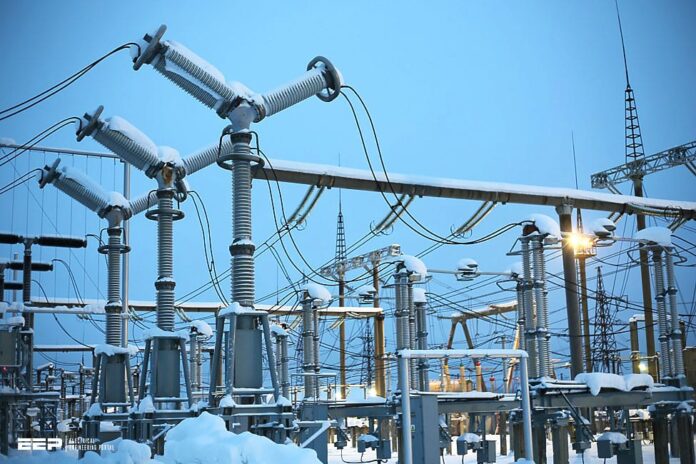Government’s Initiative for Fair Electricity Pricing
The government has taken a significant step by approving new agreements with eight independent power producers (IPPs). The big question on everyone’s mind: Will this lead to a decrease in electricity bills?
Public Demand for Revision of IPP Agreements
For years, the public has called for a revision of agreements with IPPs to ensure fair electricity pricing. The new agreements are a response to these demands, with tariff discussions expected to follow.
Process of Revising Agreements
The process of revising agreements with IPPs began in October, starting with the termination and revision of contracts with five companies. This initiative aims to address the long-standing issue of capacity payments.
Capacity Payments Controversy
Capacity payments, where IPPs are paid regardless of whether their electricity is used, have been a point of contention. Caretaker Minister for Interior and Commerce Gohar Ejaz highlighted the staggering PKR 100 billion paid under this mechanism.
New Agreements Approved
The federal cabinet has approved new agreements with:
- JDW Unit One
- Unit Rahim Yar Khan Mills
- Chiniot Power
- Hamza Sugar
- Almoiz Power Plant
- Thal Industries
- Chanar Energy
The Energy Task Force recommended these agreements, estimating that revising agreements with IPPs will save the national treasury PKR 238 billion annually.
Impact on Electricity Bills
With the renewal of contracts for eight new IPPs, the total number of revised contracts now stands at 13. This move is expected to lead to reduced electricity bills for consumers, albeit the reduction may be nominal, possibly by PKR 1 per unit.
Expert Insights
Energy expert Dr. Afiya Malik from the Pakistan Institute of Development Economics pointed out that the government’s initial agreements required payment to IPPs whether or not electricity was purchased. This provision was crucial for IPPs to secure bank loans.
Overview of IPPs in Pakistan
Currently, 101 IPPs operate in Pakistan, including plants powered by:
- Furnace oil
- CNG
- RLNG
- Hydro
- Coal
- Bagasse (sugarcane residue)
- Solar (10 plants)
- Wind (36 plants)
Production Capacity and Consumer Burden
The eight IPPs covered by the new agreements have a combined production capacity of 259 megawatts, a small fraction of Pakistan’s total electricity generation capacity of 42,000 megawatts. The actual production stands around 25,000 megawatts, highlighting the burden of capacity payments on consumers.
Conclusion: Will There Be Significant Change?
While the new agreements aim to address capacity payments and high tariffs, experts remain skeptical about significant changes. The government’s response to intense criticism over capacity payments may be more of a strategic move rather than a substantial overhaul.

